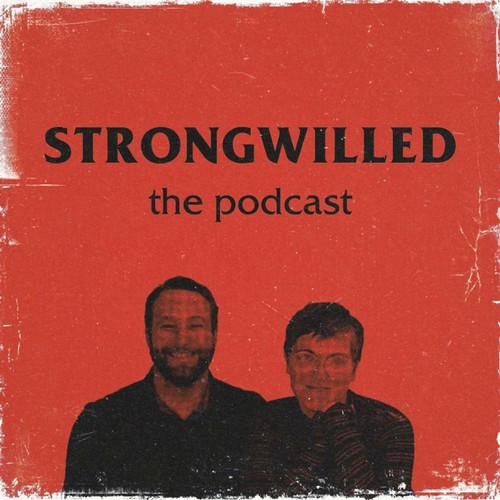
 STRONGWILLED
STRONGWILLED Corporal Punishment & Brain Development with Tori Williams Douglass
17 snips
Oct 21, 2024 Tori Williams Douglass, a neuroscience researcher focused on the effects of corporal punishment, joins to discuss its significant impact on brain development and child psychology. The conversation delves into the emotional suppression and long-term mental health issues stemming from such disciplinary practices. Tori critiques the historical justifications for spanking and emphasizes the need for open dialogue about parenting. They also address the disconnect between societal norms and children's actual needs, advocating for healthier, more compassionate parenting techniques.
AI Snips
Chapters
Transcript
Episode notes
Nervous System Reacts Same to Hits
- The nervous system cannot distinguish being hit in love or anger; the trauma registers the same way.
- Parental warmth doesn't erase the harmful impact of spanking on children, showing its deep effects.
Unpredictability Spurs Hypervigilance
- Children exposed to unpredictable corporal punishment develop hypervigilance and heightened danger responses.
- This unpredictability causes anxiety because kids can't tell when they will be punished.
Harm Denial Worsens Trauma
- Parents dismiss children's pain by claiming no harm was caused through corporal punishment.
- This denial worsens trauma by invalidating the child's feelings and experience.
